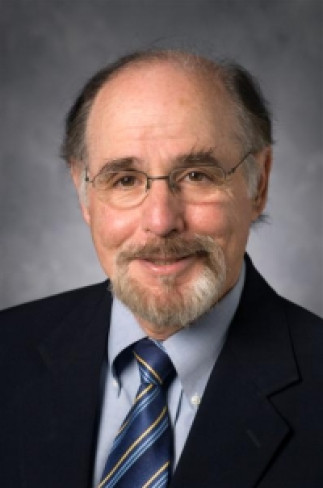Complexity is everywhere in nature, and it often manifests itself in the existence of a rough free energy landscape that is extraordinarily difficult to investigate. Computer simulations have become the method of choice for studying a wide variety of systems, but traditional algorithms fail when the free energy has multiple minima and maxima that may be widely separated in phase space. We will introduce a generic, parallel Wang-Landau Monte Carlo sampling method[1] that is naturally suited for implementation on massively parallel, petaflop supercomputers. The approach introduces a replica-exchange framework involving densities of states that are determined iteratively for overlapping windows in energy space, each via traditional Wang-Landau sampling. The framework is valid for models of soft and hard condensed matter, including systems of biological interest. The significant scalability, performance advantages, and general applicability of the method are demonstrated using thousands of computing cores for several quite different models of interacting particles. Systems studied include those possessing discrete as well as those with continuous degrees of freedom, including those with complex free energy landscapes and topological constraints.
[1] T. Vogel, Y. W. Li, T. Wüst, and D. P. Landau, Phys. Rev. Lett. 110,
210603 (2013); Phys. Rev. E 90, 023302 (2014).
La conférence est pour tout public et le café est servi dès 11h30.

